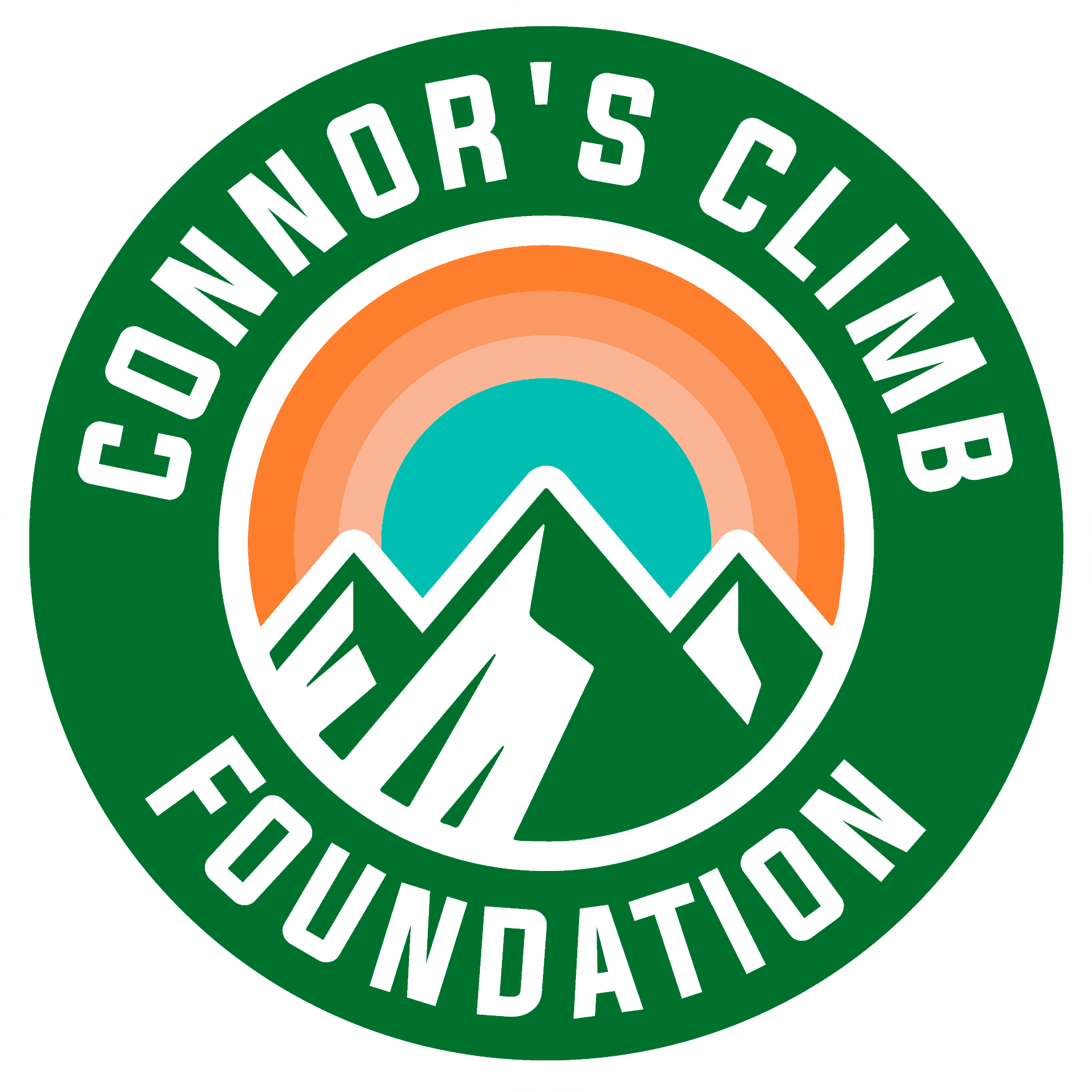I’ve had a friend that’s meant a lot to me for the last ten years — I first met him in elementary school after sharing a class together and playing the same video games. Let’s call him “Nash.” Over the years, Nash would come to my house to play video games with me, my brother, and our mutual friends. Our friendship grew stronger over time, and even to this day we still play games together, and occasionally meet for lunch in Boston.
A couple of years ago, Nash reached out over Instagram. He’d recently started an internship in Hong Kong. One day, he told me he felt like he wasn’t going anywhere in life, and was thinking about ending his own life. Initially, I was in shock. I had no idea that Nash had felt this way for what he described as years. I felt guilty that I hadn’t seen the signs earlier.
Nash’s message was fairly long, and he’d sent it out to other colleagues and friends of his — eventually leading us to come in contact with each other. We reached out to Nash, and let him know that we’d always be there for him, through thick and thin, as many of us had been throughout the years. Those of us who were in Hong Kong at the time contacted Nash and set up a meeting with him. We held Nash’s hand as he went through recovery at home and let him know that in no way was he, and his situation, a burden to any of us.
Today, Nash is doing well. None of us were able to recognize the signs or evidence of his sadness, but through him reaching out, were able to help him in his struggles even if we, initially, didn’t know.
It is never too late to reach out to others, and to help them through their troubles. A study published on the National Library of Medicine shows that the risk of suicide goes down for the next two years when someone follows up with the person at risk. There is always someone who cares, even though it may not seem like it at first. Reaching out might seem like a hard part of the process, but others can only help you carry the weight from thereon out.
If you need help immediately, call the National Suicide Prevention Lifeline at 1-800-273-8255, Or Text SAFE to 741-741
